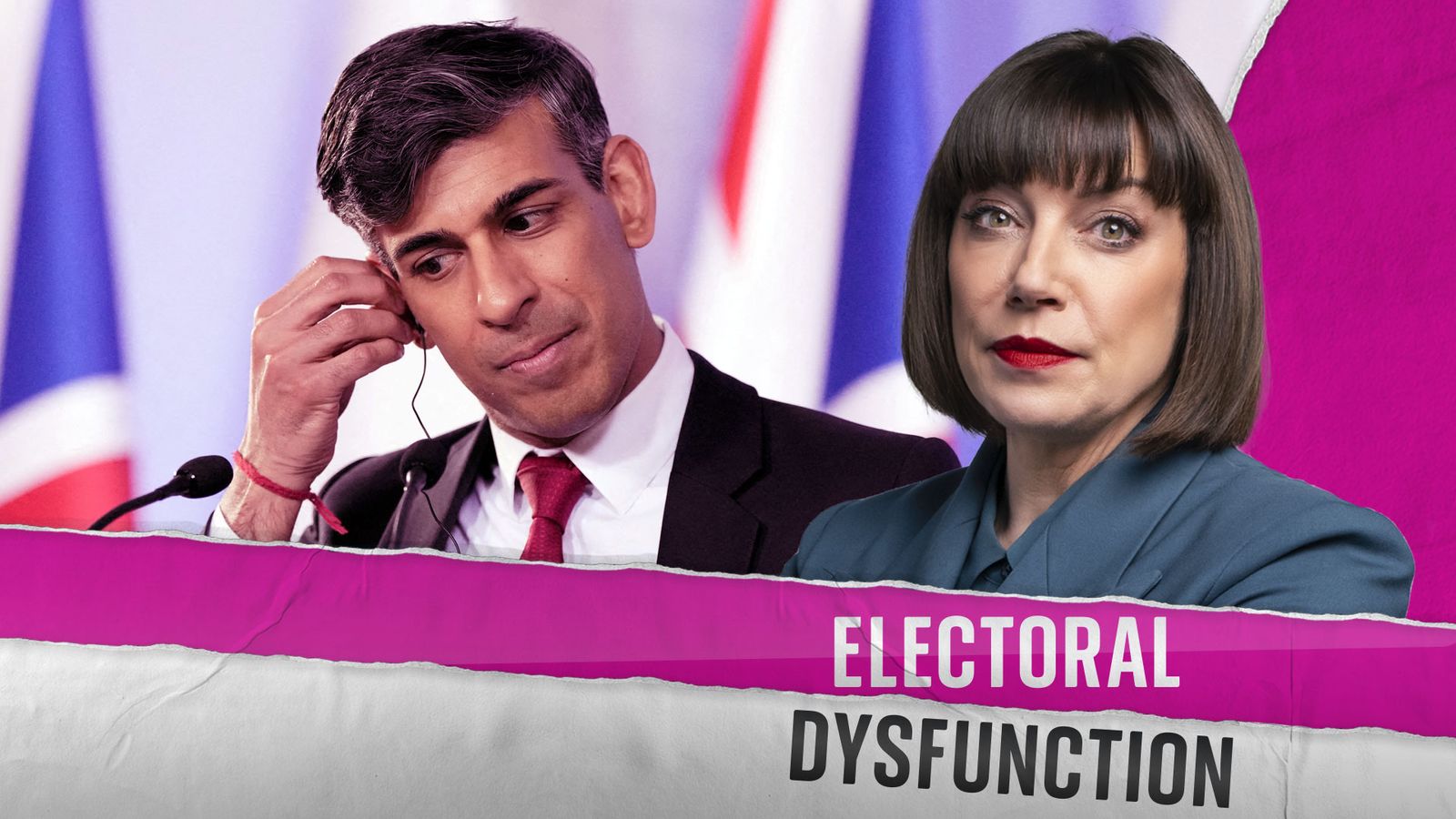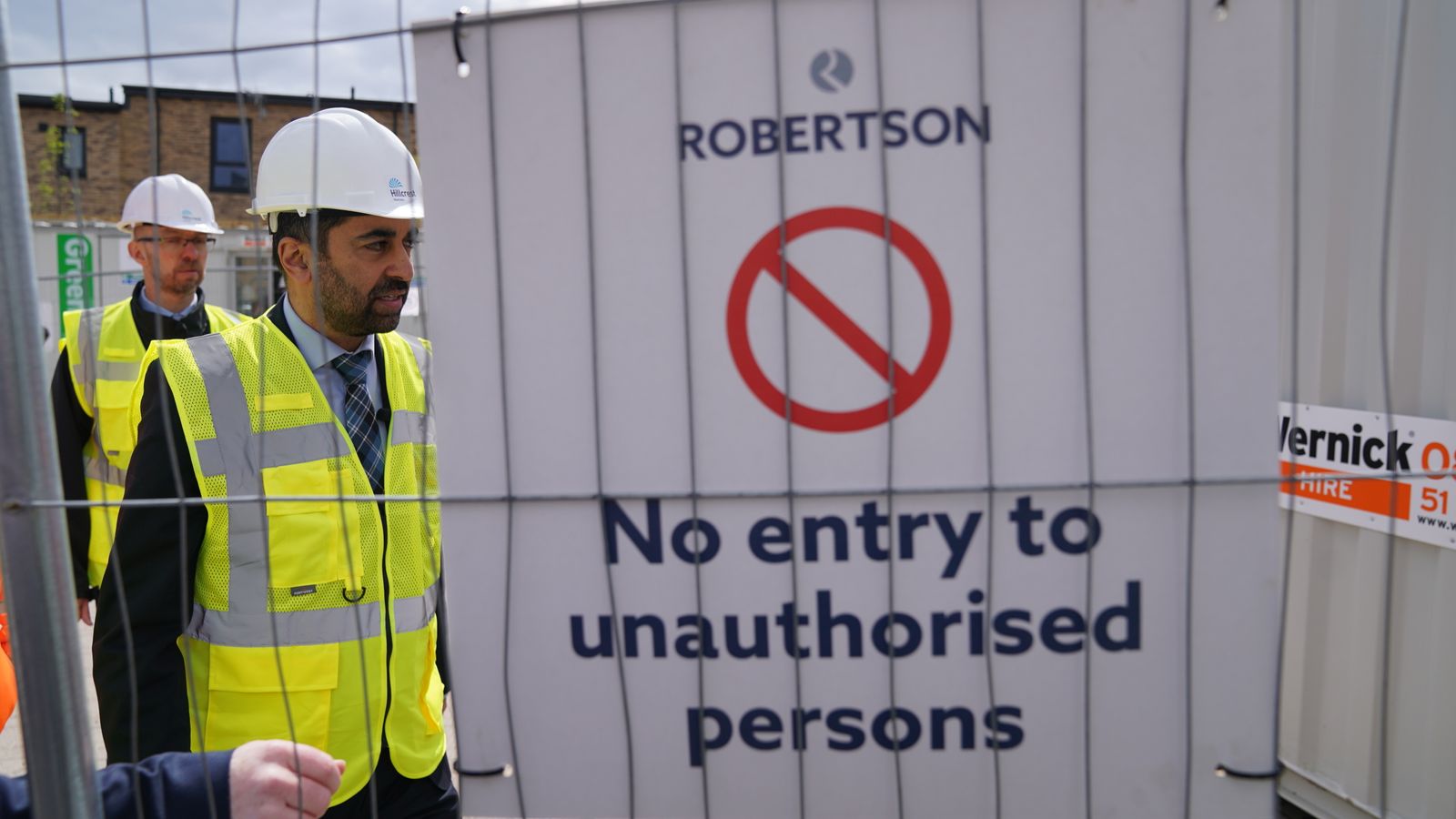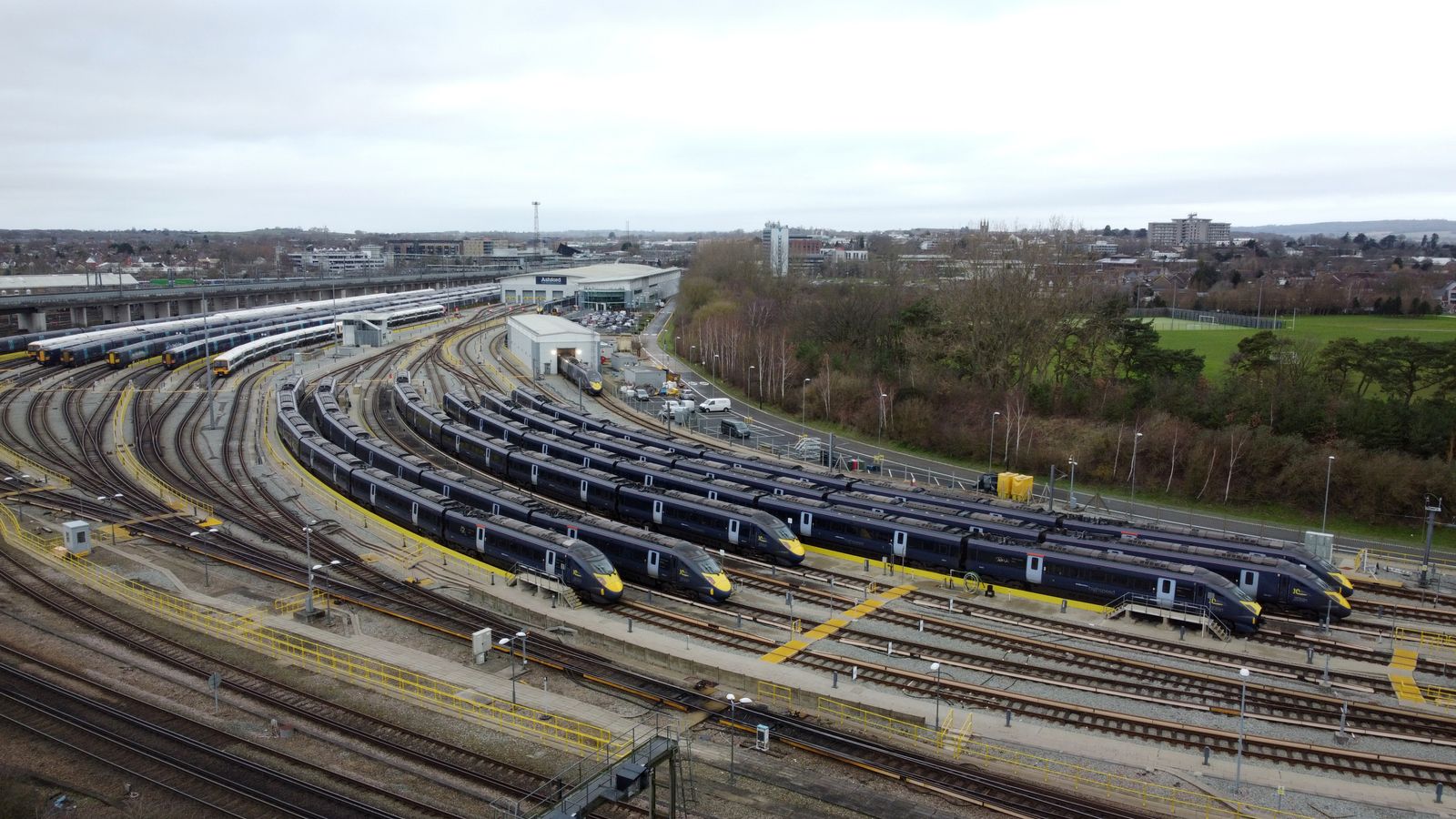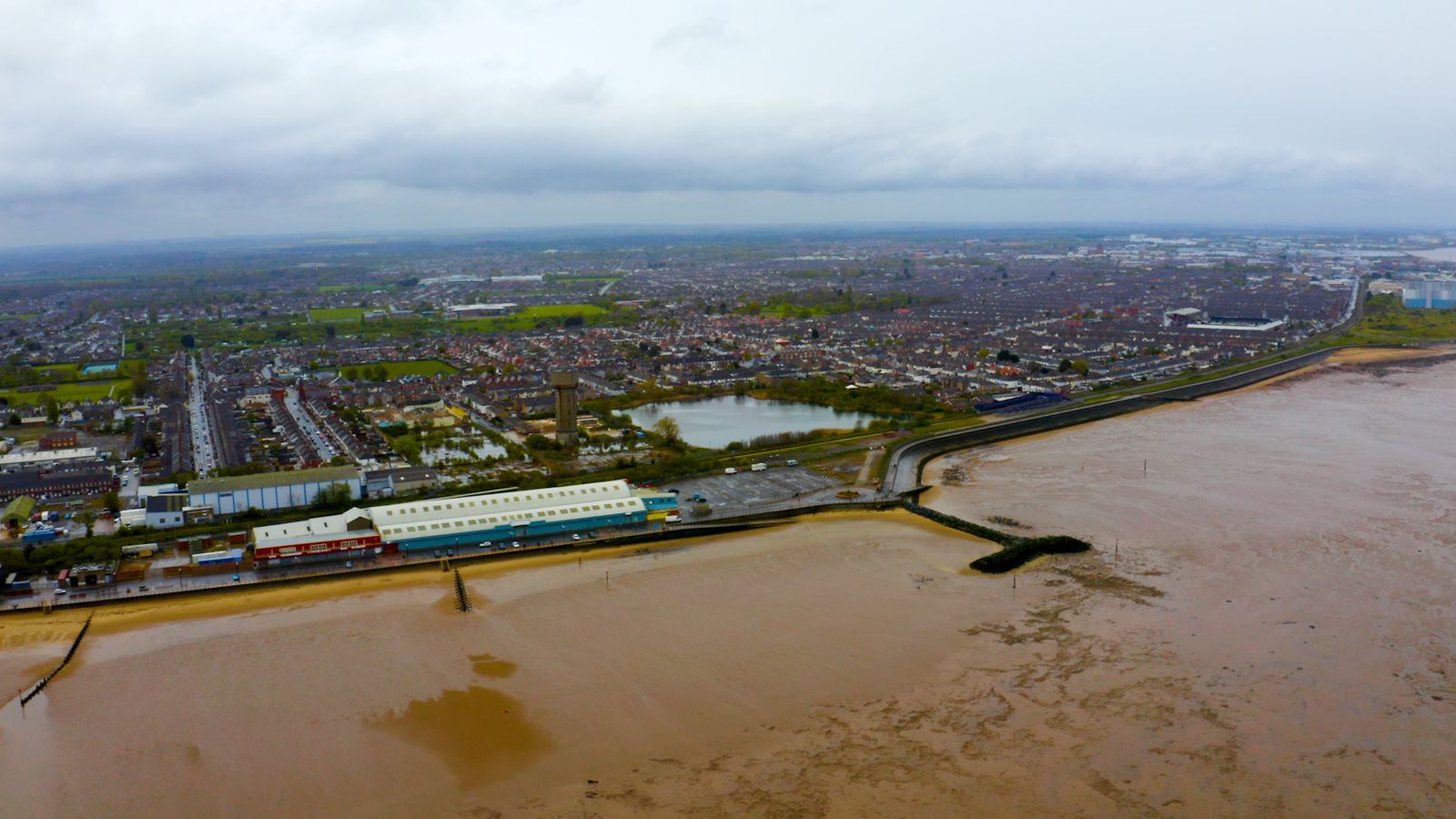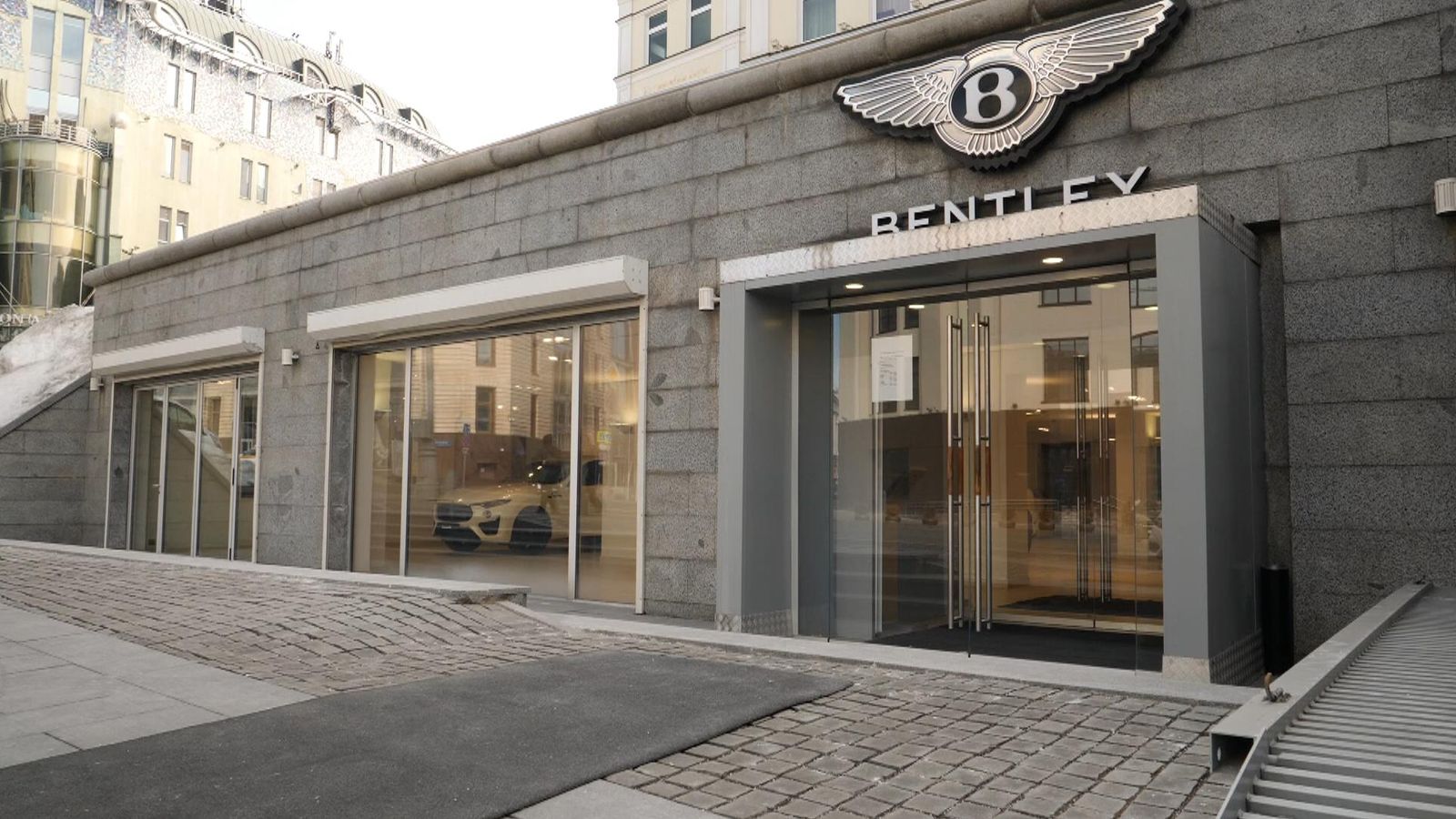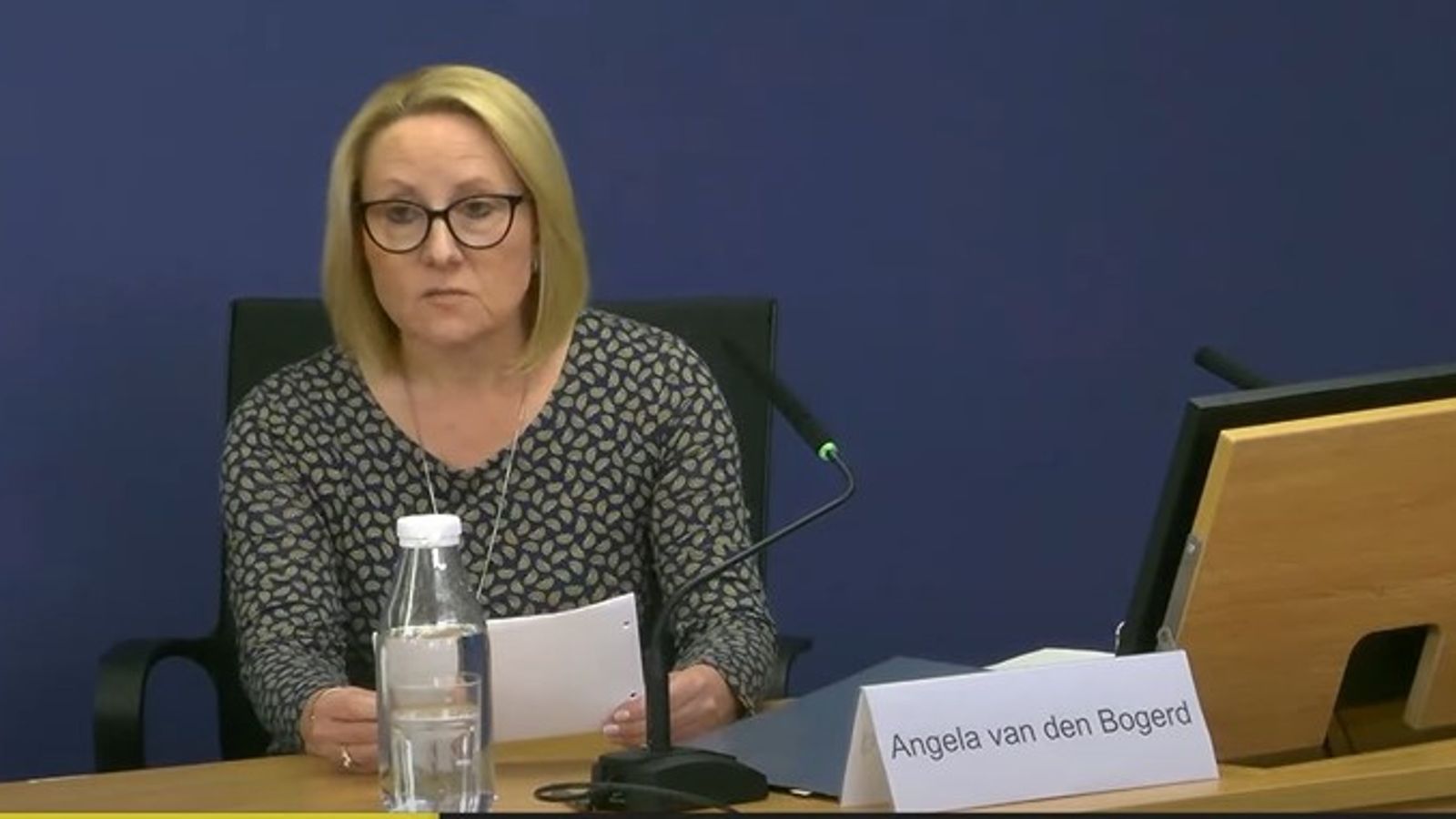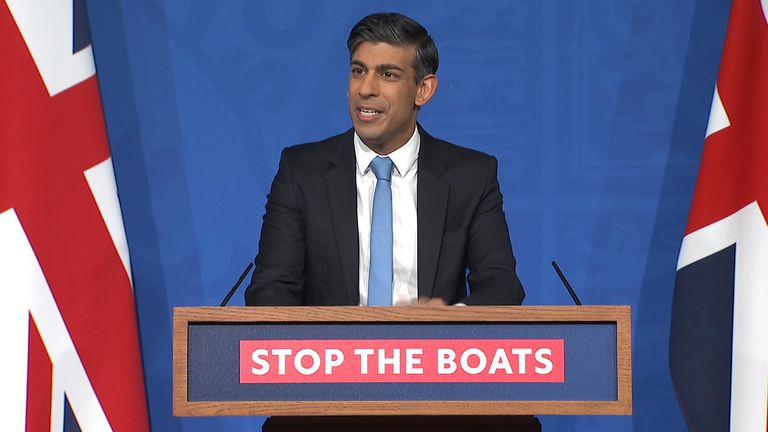
Migrants who have been refused asylum in the UK will be offered thousands of pounds to move to Rwanda under a new “voluntary” scheme drawn up by the government, according to reports.
The move, which is separate to the government’s plan to send to people to Rwanda to have their claims processed, has already been agreed with the east African country, The Times newspaper is reporting.
The new relocation scheme is designed to remove migrants who have no legal right to stay in the UK but cannot be returned to their home country.
The Home Office hasn’t yet confirmed the payment scheme, but has said it is “exploring voluntary relocations… to Rwanda”.
The Times reports it will be aimed at individuals who do not have an outstanding asylum claim and are in a position to be relocated swiftly to Rwanda, which the government deems a safe third nation.
Politics latest: Sunak says alleged Tory donor comments were ‘racist’
Immigration officials will reportedly approach migrants whose asylum applications have failed and encourage them to accept the money and relocate to Rwanda.
The scheme is said to be an extension of the existing Home Office voluntary returns scheme, under which migrants are offered financial assistance worth up to £3,000 to leave the UK for their country of origin.
Asylum seekers who refuse the financial incentive to move to Rwanda will be unable to officially work or claim benefits in the UK, The Times says.
In response to the report, a Home Office spokesperson said: “In the last year, 19,000 people were removed voluntarily from the UK and this is an important part of our efforts to tackle illegal migration.
“We are exploring voluntary relocations for those who have no right to be here, to Rwanda, who stand ready to accept people who wish to rebuild their lives and cannot stay in the UK.
“This is in addition to our Safety of Rwanda Bill and Treaty which, when passed, will ensure people who come to the UK illegally are removed to Rwanda.”
The government is understood to believe the voluntary scheme can be brought into effect quickly because it will draw on existing structures outlined by the deportation agreement already in place with Rwanda and existing voluntary returns processes.
However, the new Rwanda deal would reportedly mark the first time migrants will have been paid to leave the UK without going back to their country of origin.
It comes as Prime Minister Rishi Sunak‘s legislation designed to revive his plan to deport some asylum seekers to Rwanda – the Safety of Rwanda (Asylum and Immigration) Bill – heads back to the House of Commons.
The government will seek to overturn a string of amendments to the bill agreed by peers in the House of Lords.
Changes backed by the Lords include overturning the government’s bid to oust the courts from the deportation process.
The extension of the voluntary scheme raises further questions about the bill, which is intended to prevent continued legal challenges to the stalled deportation scheme after the Supreme Court ruled the plan was unlawful.
Labour accused ministers of having to resort “to paying people” to go Rwanda because they know their deportation scheme “has no chance of succeeding”.
Shadow immigration minister Stephen Kinnock MP said: “We know from the treaty that capacity in Rwanda is very limited, so ministers should now explain what this new idea means for the scheme as it was originally conceived, and they should also make clear how many people they expect to send on this basis, and what the cost will be.
“There have been so many confused briefings around the Rwanda policy that the public will be forgiven for treating this latest wheeze with a degree of scepticism.”
The prime minister had previously warned the House of Lords against frustrating “the will of the people” by hampering the passage of the bill, which has already been approved by MPs.
The Commons will get a chance to debate and vote on the amendments on 18 March.


